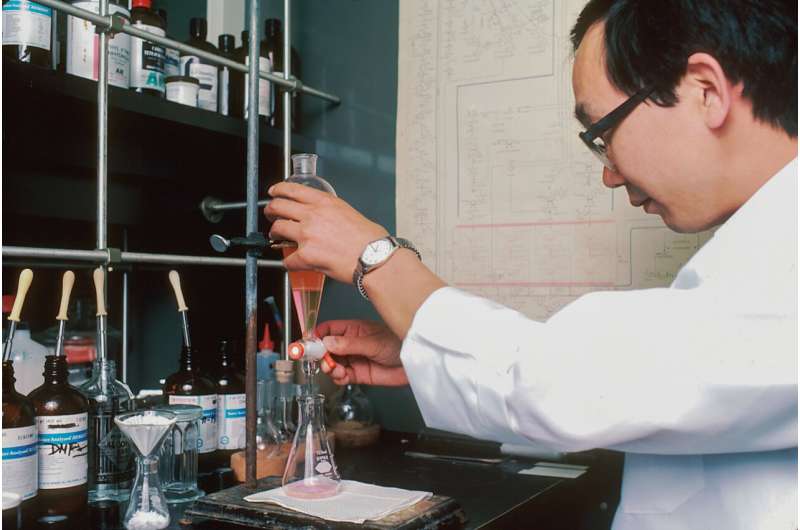Credit: Unsplash/CC0 Public Domain
In the United States, Asian researchers are awarded top research prizes far less frequently than their white colleagues, finds a commentary publishing in the journal Cell on February 3. The field of biomedical research in the U.S. is made up of 20% Asian researchers, but the analysis finds that over 90% of biomedical research prizes go to white recipients.
In the commentary, University of California San Francisco neuroscientist Yuh Nung Jan analyzes eight long-running research prizes, including the Albert Lasker Basic Medical Research Award and The Louisa Gross Horwitz Prize. He finds that just 4.7% of historical awardees have been Asian and that in the last decade that number has declined to just 2.6%.
He also analyzes an expanded set of over a dozen top prizes by race and gender and finds that only 7 out of 883 awardees were Asian women, a "minuscule 0.8%." The numbers are even lower for groups that are underrepresented in the research field—not one awardee for the eight long-running research prizes appears to be Black or Latinx.
Jan, who was born in China and raised in Taiwan, also shares his own experiences with racism as an Asian scientist in the commentary. He writes, "Combining the chronic under-appreciation with the recent rise in anti-Asian sentiment since the start of the COVID-19 pandemic, it is increasingly challenging to be an Asian scientist in the United States."
More information: Yuh Nung Jan, Underrepresentation of Asian awardees of Unite States biomedical research prizes, Cell (2022). DOI: 10.1016/j.cell.2022.01.004. www.cell.com/cell/fulltext/S0092-8674(22)00004-6
Journal information: Cell
Provided by Cell Press






















